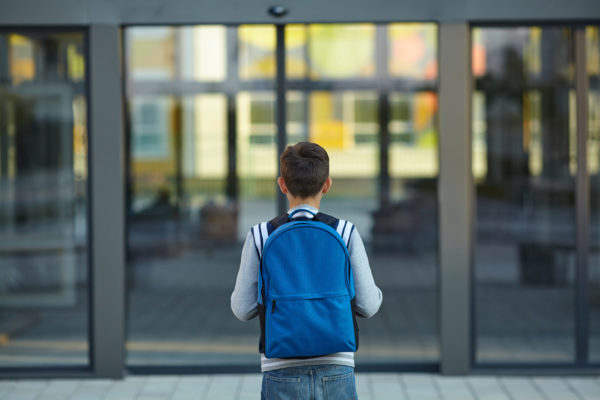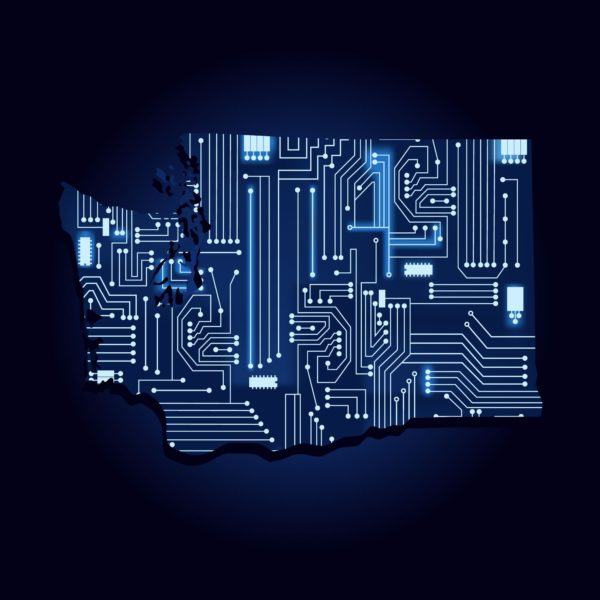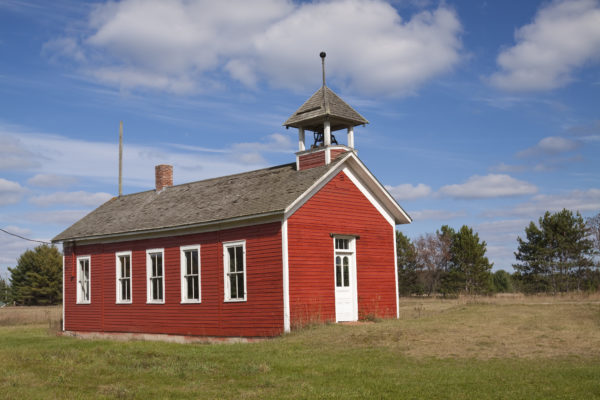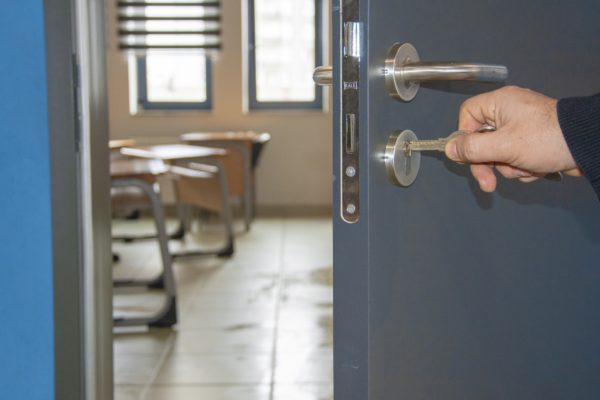
Bailey Takacs currently serves as program coordinator to Discovery Institutes' American Center for Transforming Education. Bailey has experiences which also include: campaign management and administrative roles with elected officials at the local, state, and federal levels of the government. He holds a B.A. in Politics and Government from Pacific Lutheran University.
Archives


Do What’s Best for Children

Achievement-Based Education System

Children Need Education—Re-Open Now

Consider Year Round School

Preparing to Reopen Schools

Elitists Want to Ban Homeschooling

Gem Prep Charter Schools Shine in Idaho

Impact Public Schools are the Gold Standard

Seattle Public Schools Bureaucracy Lets Students Down

Reopen Schools State by State

Teachers’ Union Runs LA

With Schools Closed, How Will Washington Address the Connectivity Gap?

Virtual Schooling: No Time for Excuses

Online School and the Possible Rural Fallout

Schools Fundamentally Unchanged Since 1918

Will Education Leadership Adapt?

Eliminate the Education Monopoly

Equity Concerns for Education Access During COVID-19 Closures
